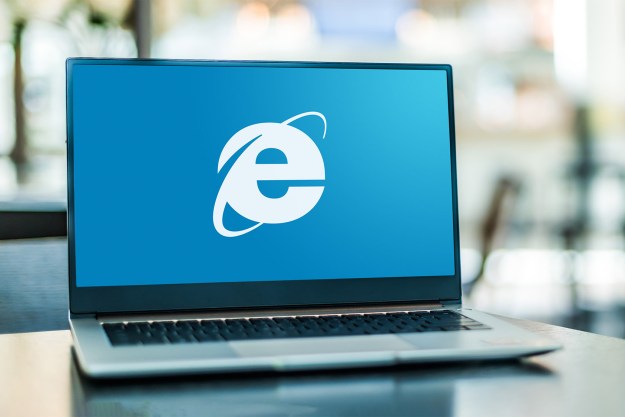
It seems that a competitor to the Amazon Echo and Google Now will be among the first products spawned by Project Evo, according to a blog post by Terry Myers, executive vice president of Microsoft’s Windows and Devices group. Future Windows 10 devices will support far-field communications, which will allow users to ask Cortana a question or issue a command from across the room.
Enhanced security features are also on their way to Windows 10. Windows Hello will apparently offer advances in biometric authentication, while Microsoft and Intel will contribute insights and intelligence to help keep users safe.
Project Evo will also help push the boundaries of mixed reality computing. We’ve known for some time that Microsoft has grand designs for the future with regard to this technology, but today’s announcement reiterates the scale and scope of what’s set to come.
The high-spec HoloLens remains a big part of Microsoft’s plans for mixed reality, but the device will be accompanied by several more affordable headsets in the hope of bringing this kind of computing to a broader range of users. The company has collaborated with Intel to produce specifications that will power mixed reality headsets from the likes of Acer, Asus, Dell, HP, and Lenovo.
Project Evo will even impact Microsoft’s gaming interests, with innovations pertaining to esports, game broadcasting, support for new visual standards like high dynamic range and wide color gamut, spatial audio, and the introduction of Xbox controllers with native Bluetooth support.
Based on the breadth of its impact, it seems that Project Evo will be an ongoing effort to foster impactful innovation across a broad range of Microsoft’s hardware and software programs. While it remains to be seen how quickly these innovations will reach users, it’s good to see the company keeping one eye on the future.
Editors' Recommendations
- How Intel and Microsoft are teaming up to take on Apple
- Microsoft plans to charge for Windows 10 updates in the future
- Microsoft September 2023 event: Copilot, Surface Laptop Studio 2, and more
- Microsoft Teams is getting new AI tools — and they’re free
- Microsoft, please don’t screw up the Asus ROG Ally


